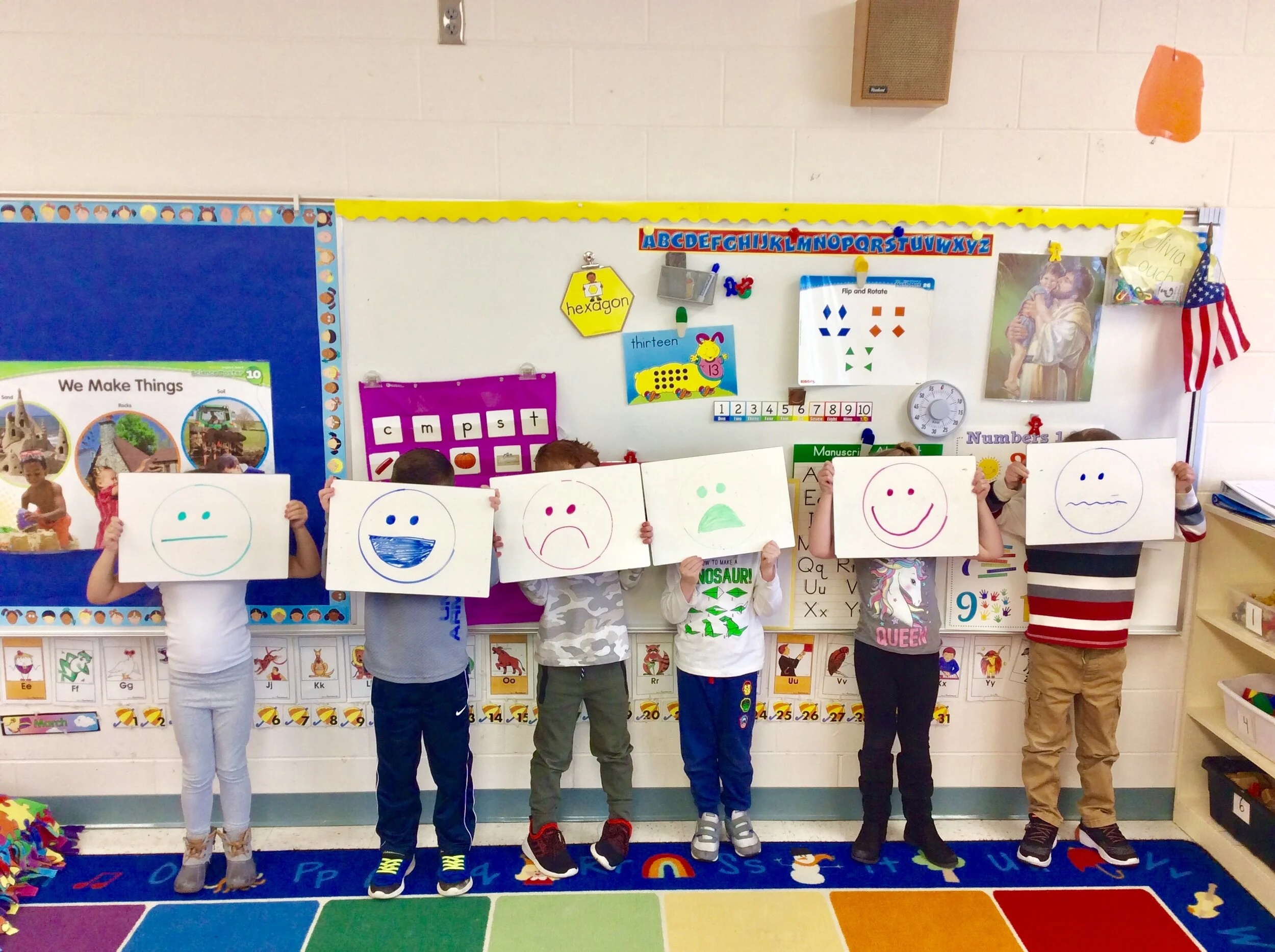More than ever, students need help developing strategies to reduce stress and cope with big emotions. Overwhelmed teachers are feeling the demands of addressing both academic and emotional needs through distance learning, but it’s critical that SEL is still prioritized. Read on to learn about Better Kids’ resources that help educators include SEL in online instruction during covid 19.
During the spring everything is growing, including our kids! Social emotional learning is an important tool for child development. Understanding emotions and learning how to make responsible decisions can be challenging but are made possible with the help of support systems. Read on to discover how SEL and support systems are important for growth.
Since it was established in 1994, the Collaborative for Academic, Social, and Emotional Learning (CASEL) has been a powerful resource for social emotional learning: driving research, collaboration, policy and advocacy. Read more to see how Wisdom: The World of Emotions curriculum aligns with CASEL’s five core competencies for social emotional learning.
What is the buzz around “SEL” or social emotional learning? What is SEL? And why is it vital for school and home? Your kids’ schools may or may not be implementing specific SEL lessons. Read on to help your child develop positive relationships and make good decisions by adding 3 SEL habits into your family activities.
Social Emotional Learning (SEL) activities add value for all children, including children with ADHD. Social emotional learning activities aren’t an ADHD treatment, but help provide families with positive ways to support their children’s overall learning and growth. Read on to learn about 5 SEL strategies to support children with ADHD.
With many states and countries taking measures to help flatten the curve of COVID-19, you and your children may be experiencing many changes that can lead to increased anxiety. What are some signs to look out for and how can you help your kids address anxiety during this time? Read our blog on supporting children through anxiety.
As school closures increase across the U.S due to coronavirus, the news has captured the school's important role not only in education, but also in access to nutrition for so many kids. Another incredibly important, but perhaps overlooked aspect, is the role schools play in creating communities for so many children. How do we support the social and emotional well-being of our school communities during COVID-19? Read on for some thoughts from educators and experts across the country.
With school closures or families choosing to keep their children at home during COVID-19, you may be searching for resources to support your kids’ learning as we address the coronavirus. A lot of the resources can be overwhelming to sift through. Here’s a teacher’s list of the best resources to use for independent and guided learning at home.
With the evolving situation around the new coronavirus, COVID-19, there is a lot for each family to process and address. With social distancing, quarantining, and possible school closures, families with children may have additional needs, and one aspect of this is children’s stress and emotions during this time. How do I best address children’s emotional well-being during this challenging time?
Socialization is a huge part of young children’s learning, and a focus for families and educators both at school (or homeschool), and at home. When schedules get disrupted and they can’t see their friends, it can be really hard for children too. Here are some tips to support your kids socially during precarious times, like COVID-19 and the need for social distancing.
Big feelings, sadness, anger, frustration, can be difficult to process - even for an adult. How do teachers help support kids’ emotions and feelings at school? Using similar strategies in your home, such as creating calm spaces, can help build home-school connections (or help homeschooling too!), while providing your kids with an opportunity to practice managing their emotions independently. Learn more about creating calm spaces, with games and activities, for your kids at home.
Anger – and the physiological signs that accompany it – are very normal, but not always directly addressed with children in healthy ways. With the knowledge and tips you have learned here, you can support your child’s social and emotional growth and help them better manage their own feelings of anger!
Pre-kindergarten is an exciting time: kids are learning a lot, including about socialization. Pre-K is also a great time to continue teaching your kids about emotions. How do you, as a parent or teacher, best teach the concept of emotions to your Pre-K students? Read on to learn some great tips from a Pre-K teacher!














